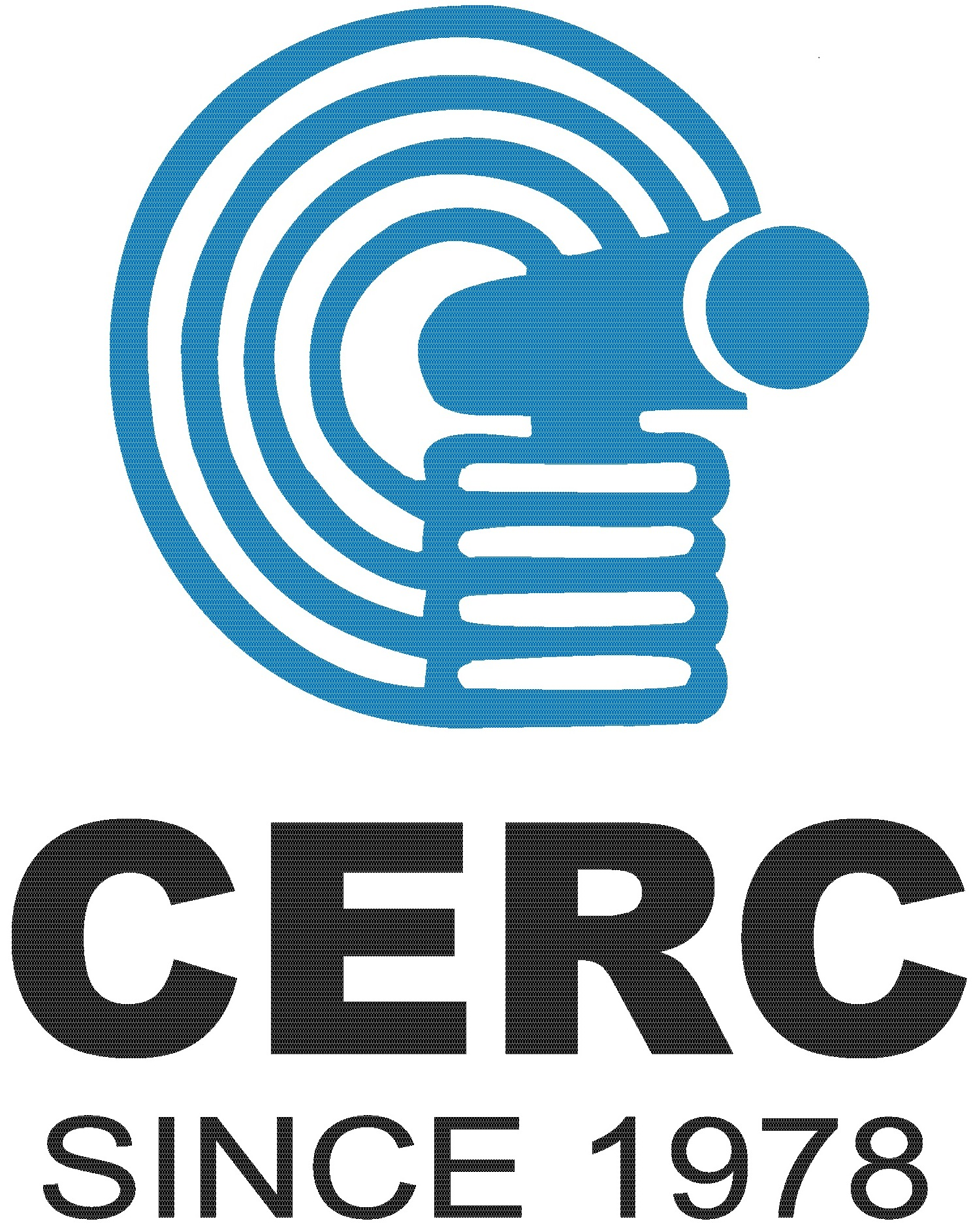From staples like milk and eggs to nutrition bars, what you're paying for when you purchase food with the organic label
Organic food has become very popular nowadays and everyone wants to know the benefits. This brochure will explain what organic food is, how it is beneficial, what the standards are and who certifies these products. Click here to know all about organic food.
Locating the word “organic” or the organic seal on a label of packaged food is simple: The word “organic” will be printed on the front, and the green-and-white seal can be seen easily. What about fresh fruits and vegetables that do not come in a package with a label, like those are sold loose in the produce section? ConsumerReports|Greener Choices will give tips.
The Government of India has implemented the National Programme for Organic Production (NPOP). The national programme involves the accreditation programme for Certification Bodies, standards for organic production, promotion of organic farming etc. The NPOP standards for production and accreditation system have been recognized by European Commission and Switzerland for unprocessed plant products as equivalent to their country standards. Similarly, USDA has recognized NPOP conformity assessment procedures of accreditation as equivalent to that of US. With these recognitions, Indian organic products duly certified by the accredited certification bodies of India are accepted by the importing countries.
Deciding whether to buy organic food can be a dilemma. Produce grown without the use of pesticides is good for health and environment. Before shopping keep few things in mind.
When is it critical to buy organic and when is it OK to go for conventional? Consumer Reports' new guide reveals which fruits and vegetables carry the biggest pesticide risk. Here, a quick buying guide for 10 popular items. Consumer Reports' guide
The Consumer Reports® National Research Center conducted a nationally representative phone survey to assess consumer opinion regarding the labeling of food. The Centre asked a nationally representative sample of 1,000 consumers about their shopping habits and expectations for food labels such as "natural," "organic," "no antibiotics," "fair trade," "non-GMO," "grass-fed" and more. Report: 2016 Food Labels Survey
Organic food is now a regular feature at most supermarkets. It is also sold extensively online. However, there is a dearth of reliable information on organic food. In such a situation, consumers may end up not buying organic food or buying food which may not be genuinely organic. CERC, under Green Action Fund 2015 project, released a guide book An Organic Food Guide for Consumers. The book will answer frequently asked questions on location of shops/farms selling organic food, labels and standards, certification programmes, online stores and more. Consumers will be able to compare prices of organic food products and thereby get value for money. This easy to understand and informative guide will demystify the whole subject of organic food for consumers. It will also be useful to manufacturers to showcase their products on a single platform.
The right to safe, healthy, affordable and sustainable food is a fundamental human right. Availability of such food is vital with growing global population and increasing environmental concerns. Organic foods are becoming increasingly popular in the country due to their health benefits. There are many products in the market that claim to be organic. However, are they safe? In India there is no regulation on organic foods or their labelling/certification. How can a consumer be sure that the product he is purchasing is genuinely organic?
Consumer Education and Research Centre (CERC) and CERC-ENVIS Centre conducted an online survey in 2014 to get an insight into consumer perceptions and practices regarding purchase of organic foods within the Indian context. One of the key findings emerging from the survey was that most consumers did not buy organic foods because the products were expensive. While 54% did not buy because of limited availability, 44% had doubts about the origin/source of product. Only 10% of respondents bought organic foods regularly or occasionally. Interestingly, while 99% respondents were aware of the term ‘organic foods’, respondents had varying perceptions about what the term ‘organic food’ meant. Some incorrect perceptions were that organic food was traditional food, herbal food and food without antibiotics! That is why it is vital to raise consumer awareness about organic foods. Know more about Survey Report. Questionnaire
To find out how healthy organic foods really are, CERC selected organic turmeric powder for testing. The spice was selected because it is easily available and widely used in Indian cuisine. Spices were also the second most popular category of organic foods among buyers as well as potential buyers after vegetables and fruits, according to an online survey CERC conducted. CERC tested six national brands of organic and two national brands of non-organic turmeric powder as per the standards applicable to conventional turmeric powder. The samples were tested against the values set by the Food Safety and Standards (Contaminants, Toxins & Residues) Regulations, 2011.Go for details
CERC prepared a fact sheet with all details of the project highlighting the findings of survey and testing.











